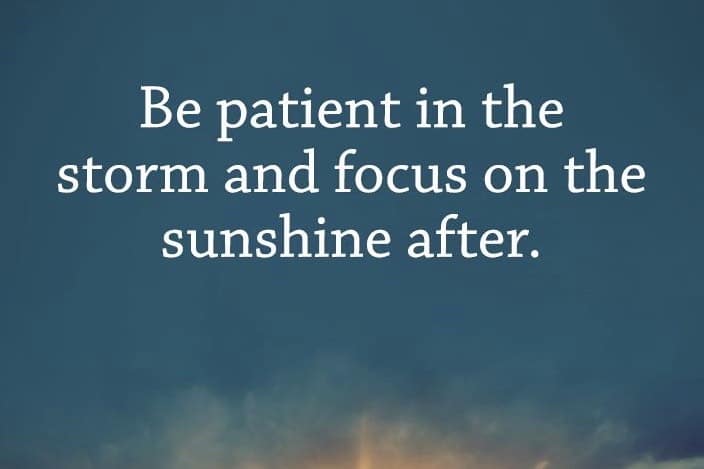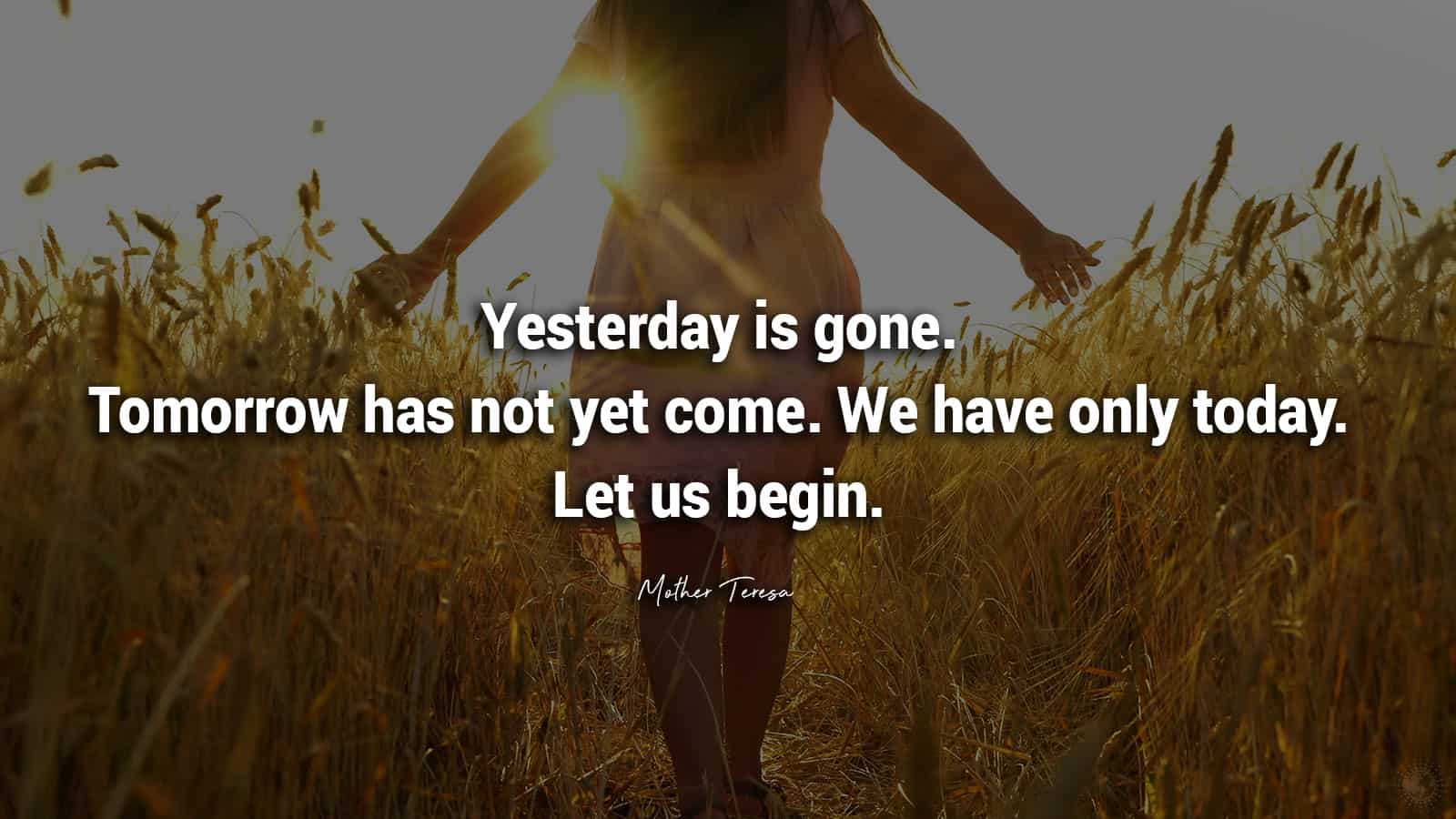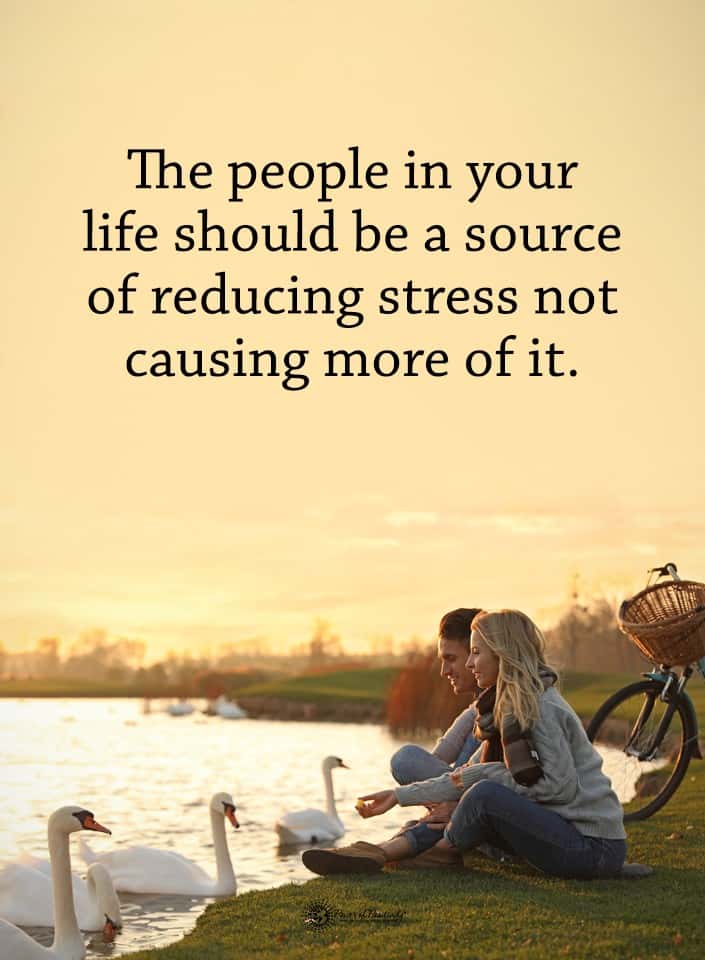As the current world pandemic continues to unfold, many individuals have begun to feel a certain type of tiredness. This is known as “social isolation fatigue”. If you feel excessively exhausted at the end of each day while you’re socially isolated, you’re likely experiencing this too.
Why does this happen? There are countless different reasons. Nervousness and anxiety, stress from financial difficulties or strained relationships, and the toughness of dealing with unpredictable lack of control all contribute. Here are 6 ways to fight against social isolation fatigue.
1. Understand And Fulfil Your Basic Needs, Then Your Wants
There’s no denying just how much social isolation has affected our normal lives and structure. In turn, we impact our mental, physical, and emotional health. In the process of trying to deal with how our lives have been upturned into a difficult mess, we can often forget to take care of ourselves.
· Eat Healthily
Studies have shown, however, that creating a consistent routine has a strong positive effect on your health. Trying to ensure you have meals at set times can help combat time blindness while making sure we have the right nutrition we need to stay healthy and energized.
· Stay Fit
When you’re forced to stay indoors, it can be easy to neglect one’s physical health. Considering just how intertwined our mental health is with our physical, keeping up a consistent exercise routine becomes incredibly important. Doubly so since it can help combat both fatigue and stress.
· Learn Something New
It’s easy to forget that just like zoo animals, our brains also need to be entertained and to have enrichment. Read some books, listen to some podcasts, or try picking up a new hobby all together! This helps you keep your mind active and occupied, which may be just what you need in such a situation.
· Reach Out For Help
Being alone can be draining, and it can make even the simplest tasks seem impossible. If you find yourself struggling in any way, ask a loved one or a neighbor for support and guidance. Don’t hesitate to contact your doctor or a hotline for advice, either – they’re there to help you.
2. Don’t Watch News 24/7
It’s hard to keep up any sense of positive thinking when we are constantly buffeted by bad news every time we turn on our devices. It’s even worse when said news is available essentially 24/7! Here are a few ways to combat such negative effects:
· Curate Your Feed
Choose one or two news sources you can rely on or trust, and only read headlines that are of immediate relevancy or interest to you – and no further.
· Don’t Linger
Set a hard cap on how much time you’ll dedicate to reading or watching the news. Updating yourself twice a day and setting aside an hour for each update should be more than enough to catch up on what is happening in your community and the world at large.
· Have A Second Filter
If you find yourself still struggling to remain unaffected, consider having a friend decide what’s important and relevant for you, and get your updates only through them. This can help ensure that you’ll only find out what you strictly need to know.
3. Stay Socially Connected During Social Isolation
No man is an island – and they really shouldn’t be. Humans are hardwired by evolution to be social creatures. As a result, isolating ourselves from any form of social contact can be detrimental to our mental health, and is something you’d generally want to avoid. Here are a few tips and tricks on staying in touch with the ones you love:
· Determine Your Most Crucial Connections
There are some folks we can confidently say that we cannot live without, and it would not be an exaggeration. Considering how hard it can be to keep up social connections (especially when we start getting exhausted), it’s best to identify a specific list of people you want to keep in your life no matter what. Your counselor and therapist can be on the list, but you ideally want to avoid visiting them physically to keep everyone safe.
· Go For Video Calls Over Voice Calls Or Texts
As it turns out, studies have shown that maintaining face-to-face social contact, even virtually, has a significant positive impact on people. Being able to see the facial expressions of our loved ones in a conversation can be more energizing and infectious than just hearing them by voice alone, after all!
· Try And Stay Up-To-Date On Communication Tech
With just how reliant we are on communicative technology to stay connected now, there’s no excuse to refuse to learn how to use platforms like FaceTime or Zoom. Learn how to set up a stream to share your baking sessions, or figure out a way to have everyone watch a movie together!
 4. Keep Your Mind Busy
4. Keep Your Mind Busy
Our brains naturally crave stimulation. Without stimulation, we tend to ruminate on the negatives – which can make positive thinking difficult. So for the sake of your mental and emotional health, it’s best to keep yourself occupied with activities. Here are a few suggestions:
· Sing Along To Music You’re Listening To
Ever noticed just how much better you feel when you’re singing along with friends or to a song on the radio? As it turns out, there’s a reason for that. Studies have shown that singing with other people, both live and recorded, is actually highly therapeutic! So consider trying to put together a virtual karaoke session, or scream your lungs out with your favorite song – it may be just what you need.
· Find Something That Absorbs Your Mind
It’s easy to find some sort of mindless activity to do – but if it doesn’t occupy our minds, then it often isn’t capable of keeping negative thoughts at bay. Instead, studies show you’ll have to find a task that puts you in a state of flow to truly fill up space and silence – for example, playing games or learning how to knit. Then only does it act as a proper buffer against social isolation fatigue.
· Let Fiction Take You On Adventures
Do you enjoy binge-watching your favorite shows? Do you get overly invested in fictional characters and the worlds they inhabit? As it turns out, this isn’t necessarily a bad thing. Studies have shown that these fictional worlds and characters can act as social surrogates – and, by extension, make us feel like we belong somewhere. And what better time to catch up on all the shows and podcasts you’ve been missing out on than right now?
5. Practice Healthy Habits Throughout Social Isolation
At the end of the day, we must keep ourselves healthy – both in body and in mind. By extension, this can help us manage our emotional distress. Plus, we face the exhaustion that comes with it, especially since our emotional, physical, and mental health are all so strongly intertwined. With that in mind, here are a few suggestions you can try:
· Take An Online Exercise Class
There is plenty of research that shows just how important exercise is for our body and mind. As it turns out, there’s another additional benefit you can obtain if you get said exercise via fitness classes – social support and structure. Studies have shown that even if the classes are virtually conducted or live-streamed, they can still provide a sense of community that you need.
· Do Some Meditation
Taking a moment to simply calm your mind and accept your thoughts can be incredibly helpful – especially if it’s focused on being kind and loving. As it turns out, research has shown that learning and practicing self-acceptance via meditation can also help combat social isolation fatigue.
· Go Out In Nature
After staying cooped up in your house so long, it is inevitable that you will develop some kind of cabin fever. As you can imagine, this is not great for our sense of isolation. The best way to combat this is to go out for a walk – a fact that is backed up by research, which suggests it can help us with our perspective and mental health!
 6. Set Goals With Rewards
6. Set Goals With Rewards
It’s easy to feel overwhelmed and helpless when you’re isolated and alone – especially when it seems like nothing matters anymore. Letting such a situation flood your mind and senses completely, however, doesn’t help matters – and in fact, can easily send your mental health into a spiral.
Instead, research has shown that the best way to tackle it is to give yourself manageable goals. Here are a few pointers on how to do it:
· Be Kind To Yourself During Social Isolation
It can be a struggle to just carry out day-to-day tasks. Even though it’s easy to beat yourself up over being unable to do them, there’s nothing wrong with rewarding yourself for doing the little things – especially if they’re all tasks you’ve been struggling to execute recently.
· Identify What Is Immediately Accomplishable
Take some time to figure out what is immediately within your control. It can be as simple as cleaning out your closet, organizing your photo album, or learning a new recipe! This can help give you a temporary sense of purpose and accomplishment that is easy to achieve – which can be crucial for your mental health.
· Give Yourself Short-Term Rewards
With just how many unknowns there are presently in the world, it can be incredibly reassuring to know that performing certain tasks or completing them will guarantee you some kind of reward or outcome. In a way, it helps one regain a sense of control over our environment and ourselves. Ant that can help combat learned helplessness.
 Final Thoughts On Some Ways To Fight Against Social Isolation Fatigue
Final Thoughts On Some Ways To Fight Against Social Isolation Fatigue
Social isolation fatigue can be damaging when not managed or handled correctly, potentially resulting in long-term depression, anxiety, or even trauma responses. When you think about it, it’s easy to understand why. People are struggling to get through their everyday lives alone and in new ways with all the additional stressors of a pandemic and being separated from the world.
But you don’t have to be powerless against social isolation fatigue. By using the 6 methods we’ve discussed, you’ll be able to help your mind and body adjust to the changes around you. It’s no substitute for the way things once were, but it will certainly help a lot.


















